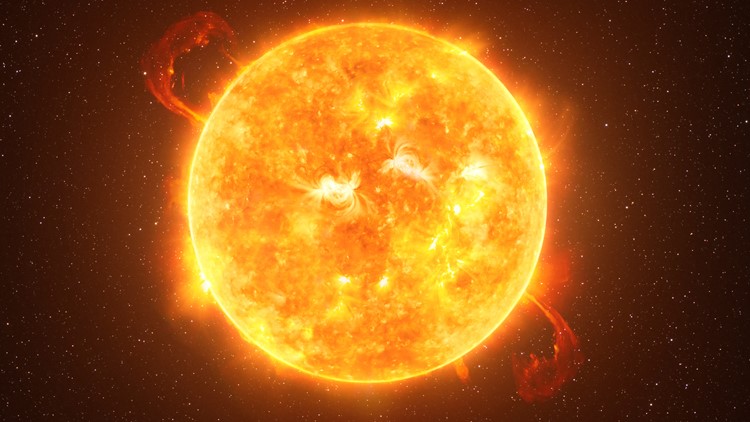

The goal of this study is to predict Solar Cycle 25 through the deep learning approach,and determine what parameters affect prediction accuracy and what the optimal number of historical solar cycles are used to reliably and accurately predict the upcoming solar cycle. The solar cycle predictions will help us prepare ahead of time for future solar activity.
The solar cycle is linked to the number of visible sunspots and follows the fluctuations of the Sun’s magnetic field. It can have powerful global impacts on the Earth. Thus, predicting the timing and amplitude of the peak of the incoming solar cycle 25 is of great importance. This study uses a hybrid deep learning CNN-LSTM model and observed 13-month smoothed sunspot numbers to predict Solar Cycle 25. The MinMax normalization substantially reduces the error of the CNN-LSTM model’s solar cycle predictions compared to the Standard Deviation normalization. The results suggest that it is best to use four historical solar cycles to predict the future solar cycle. The predicted Solar Cycle 25 will have a peak amplitude similar to the 13-month smoothed peak of solar cycle 24. The predicted solar cycle 25 peak spans a relatively long period of time between approximately August 2023 and July 2024.
Related Projects



